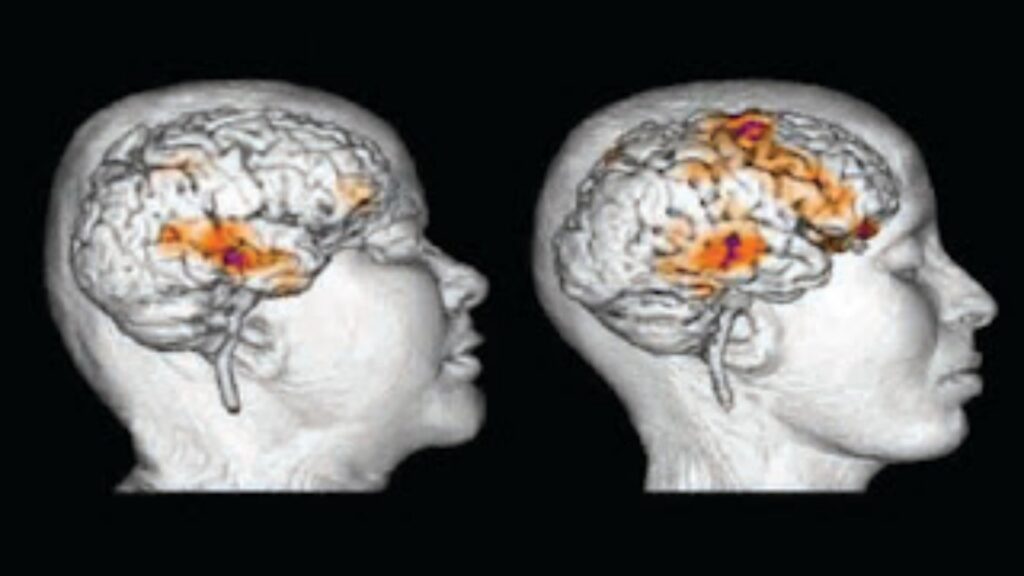The professor in Psycology at Concordia University in Canada, Virginia Penhune, studies through neuroimaging as children and adults acquire their motor skills and how music affects their ability to learn. Penhune’s laboratory has recently published a study concluding that musical instruction before age seven stimulates brain development. This lecture will discuss how we integrate auditory and motor information necessary to move in a particular rhythm function.
We will also know the differences between musicians and professional dancers and no-musicians at the time of processing all types of rhythms.
Lecture
The lecture series “The music and its impact on the body and mind” is organized by the Obra Social “la Caixa” and the Bellvitge Biomedical Research Institute (IDIBELL). The sessions will take place in CosmoCaixa Barcelona from January 31 to June 4, and will bring together internationally recognized experts like Steven Mithen, Sandra Trehub, Eckart Altenmuller, Jaume Ayats, Emmanuel Bigand and Josef Rauschecker. The series is coordinated by ICREA researcher at IDIBELL and the University of Barcelona, Antoni Rodriguez-Fornells.
The activity aims to understand an amazing cultural phenomenon of our species: the music. The conference will discuss the origin of music and how it has evolved, from the time that one of our ancestors first built a flute to start producing the first sound, approximately 40,000 years ago, to the latest musical and technological transformations. The questions that arise about the music are numerous, from how to develop musical skills in babies to the common features of those with a talent for this art.
In fact, understanding music, their relationship and impact on our body through the expression of emotions, its value as a social and communication link, its evolution over time, history and cultural expressions, “will allow us to better understand where we are going in this area, both to understand future musical expressions to know why music is used in different contexts healing in many cultures”, explains Antoni Rodriguez-Fornells. The coordinator of the lecture series, group leader at the IDIBELL and UB Group of Cognition and Brain Plasticity, notes “the ability of music to stimulate brain plasticity and may contribute to the reorganization of neural circuits”.

